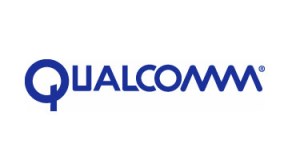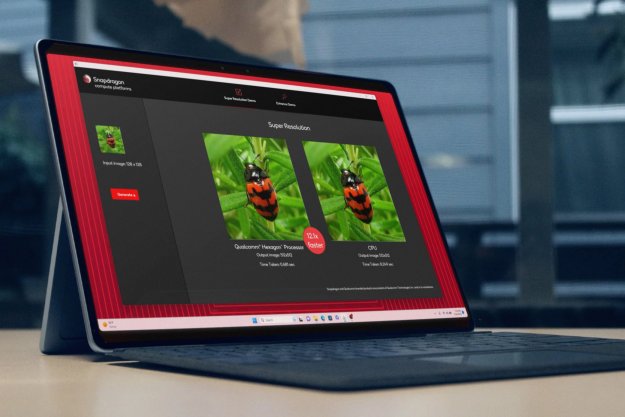
Mobile technology powerhouse Qualcomm has announced it will be acquiring chipmaker and wireless technology developer Atheros in an all-cash deal valued at about $3.1 billion. One of Atheros’s specialties is Wi-Fi networking gear now commonplace in virtually every computer and the growing panoply of smartphones and tablet devices, and is widely being viewed as a strategic move to take Qualcomm’s business beyond its current focus on mobile phone technology and into mainstream mobile devices and computing.
“It is Qualcomm’s strategy to continually integrate additional technologies into mobile devices to make them the primary way that people communicate, compute, and access content,” said Qualcomm chairman and CEO Dr. Paul E. Jacobs, in a statement. “The combination of Qualcomm and Atheros is intended to accelerate this opportunity by utilizing best-in-class products for communications, computing, and consumer electronics to broaden existing customer relationships and expand access to new partners and distribution channels.”
Qualcomm’s acquisition price represents a 22 percent premium on Atheros’ closing price on Monday. The boards of both companies have approved the acquisition; pending approval by Atheros shareholders and regulatory authorities, the companies expect the acquisition to close in the first half of this year.
Qualcomm has long been a major player in cellular and mobile communications—and, among many other things, manufacturers the SnapDragon processors that are driving many Android devices today. However, the company has long had a weak spot in its technology portfolio when it came to mainstream computer networking and (more recently) Wi-Fi wireless networking. The Atheros acquisition immediately closes that gap by bringing one of the industry’s leading players in house, and Qualcomm will no doubt look for synergies between mobile and wireless networking technologies, particularly as 4G mobile broadband infrastructure begins to roll out in earnest around the world.
Editors' Recommendations
- Qualcomm just made some bold claims about gaming on ARM PCs
- Qualcomm claims its new chips are 21% faster than Apple’s M3
- Qualcomm says its new chips are 4.5 times faster at AI than rivals
- Meet the Qualcomm chips powering Meta’s Quest 3 headset
- What is Li-Fi? A faster, more secure wireless internet is just around the corner


